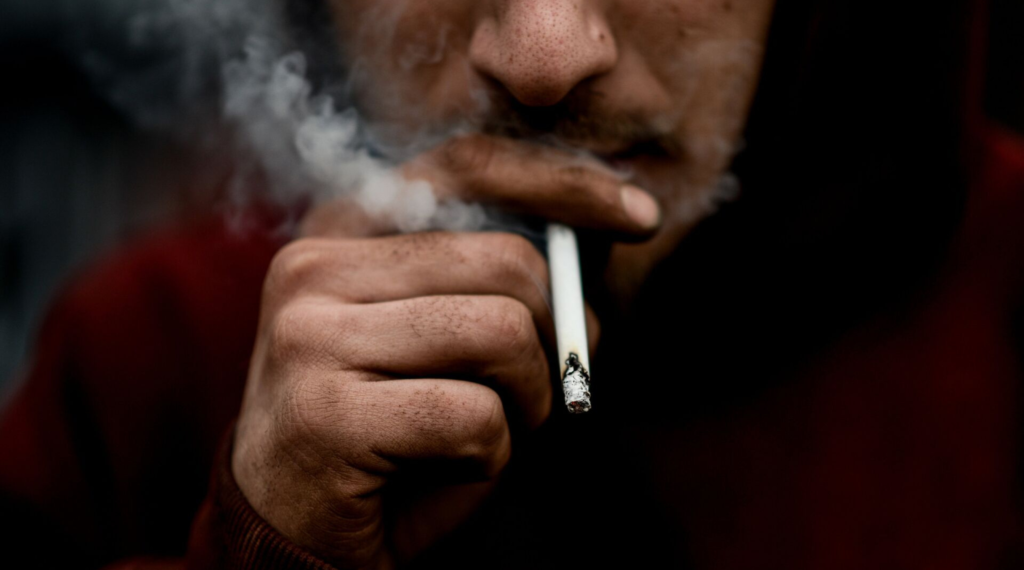
Cigarettes continue to be a part of people’s daily lives. Does the law influence people to stop smoking?
Tobacco remains one of the most serious threats to public health. Every year, more than 8 million people die as a result of tobacco use. Over 7 million of these deaths are due to direct tobacco users and former users, while more than 1.2 million are non-smokers exposed to secondhand smoke.
In Armenia, approximately 5,500 people die each year due to smoking. Tobacco products cause various diseases that lead to death. Among these causes, cancer accounts for 53%, while diabetes represents 1.5%. For adolescents, the health impacts can be both short- and long-term. Short-term effects include shortness of breath, coughing, and chronic bronchitis, while long-term effects can include cancer and cardiovascular issues. This means that in today’s youth, new health issues may arise within 5 to 15 years. However, if individuals quit smoking, the risk of ischemic heart disease decreases significantly within just one year.
According to the data from the “Health System Performance Assessment” (HSPA) study conducted in 2022, the number of tobacco and tobacco product users, including their substitutes, was 27.2%, with 53.2% of them being men and 2.0% women. In comparison, the same study conducted in 2016 showed that 27.7% of people used tobacco products, with 53.4% being men and 2.3% women.
The impact of smoking is also significant among school-aged children. According to the “Health Behavior Survey of School-Aged Children” (HBSS) conducted in 2021-2022, 23% of 15-year-old boys and 4% of girls had used tobacco at some point in their lives. Furthermore, 36% of 15-year-old boys and 6% of girls had used electronic cigarettes.
As of January 1, 2022, new regulations regarding tobacco products have come into effect:
- A ban on the public display of tobacco products, their accessories, or substitutes (excluding tobacco substitutes used for medical purposes) in retail stores and public catering establishments, except for duty-free shops at airports.
- A ban on the placement of tobacco products, their accessories, substitutes, or look-alike tobacco products (including empty or oversized boxes, blocks, or color posters mimicking brand logos) and their trademarks or symbols in areas designated for the sale of these products, in places visible to consumers.
Despite these regulations, tobacco products are often placed next to sweets and items intended for children, at a height accessible to them, creating the impression that tobacco products are harmless everyday objects.
On February 13, 2020, the Ministry adopted the anti-smoking law. Which applies restrictions to all tobacco products and their substitutes.
According to this law, the use of tobacco is banned in all enclosed and some open public spaces, along with all forms of advertising, sales promotion, and sponsorship. The law aims to protect current and future generations from the negative health effects caused by the use of tobacco products and to establish the perception among the population that the use of tobacco and its substitutes is an unhealthy and unacceptable behavior.
